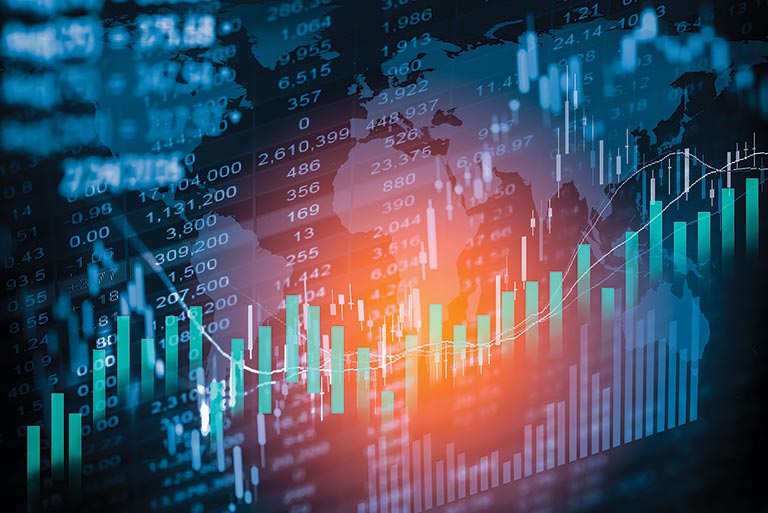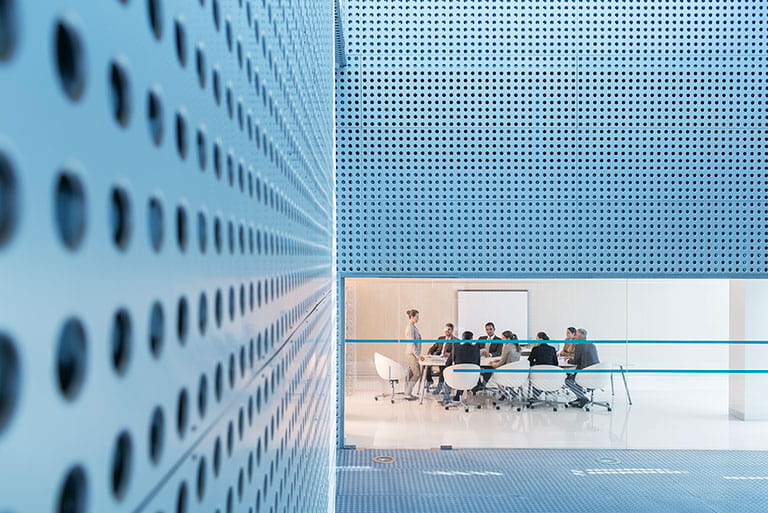Capital Markets
Transform and simplify global trading and post-trade operations across the trade lifecycle with innovative, modular, multi-asset solutions that increase efficiency, reduce risk and drive revenue.
Enhance every aspect of the trade lifecycle
See how we can help you drive measurable growth
Recognized by the industry
AWARD
European Markets Choice Awards – 2023 Best use of AI in investment trading for BondGPT
AWARD
FOW International Awards – 2023 Multi-Asset Trading System of the year
AWARD
FOW International Awards – 2023 Connectivity provider of the year
AWARD
FTF News awards – 2023 Best Disruptive solution for DLR
AWARD
Celent – Winner 2024 – Luminary in Reconciliation Systems
AWARD
European Markets Choice Awards – Best equity E/OMS provider
Insights & perspectives
What's next for your business?
We want to hear more about what you need to improve your business and drive transformative innovation, efficiency, and growth.
Want to speak with a specialist?
+1 800 353 0103
(option 3) North America
+44 162 591 9082
EMEA
+617 4356 9934
APAC Australia
+852 3004 3094
APAC Hong Kong
+65 3135 1278
APAC Singapore







